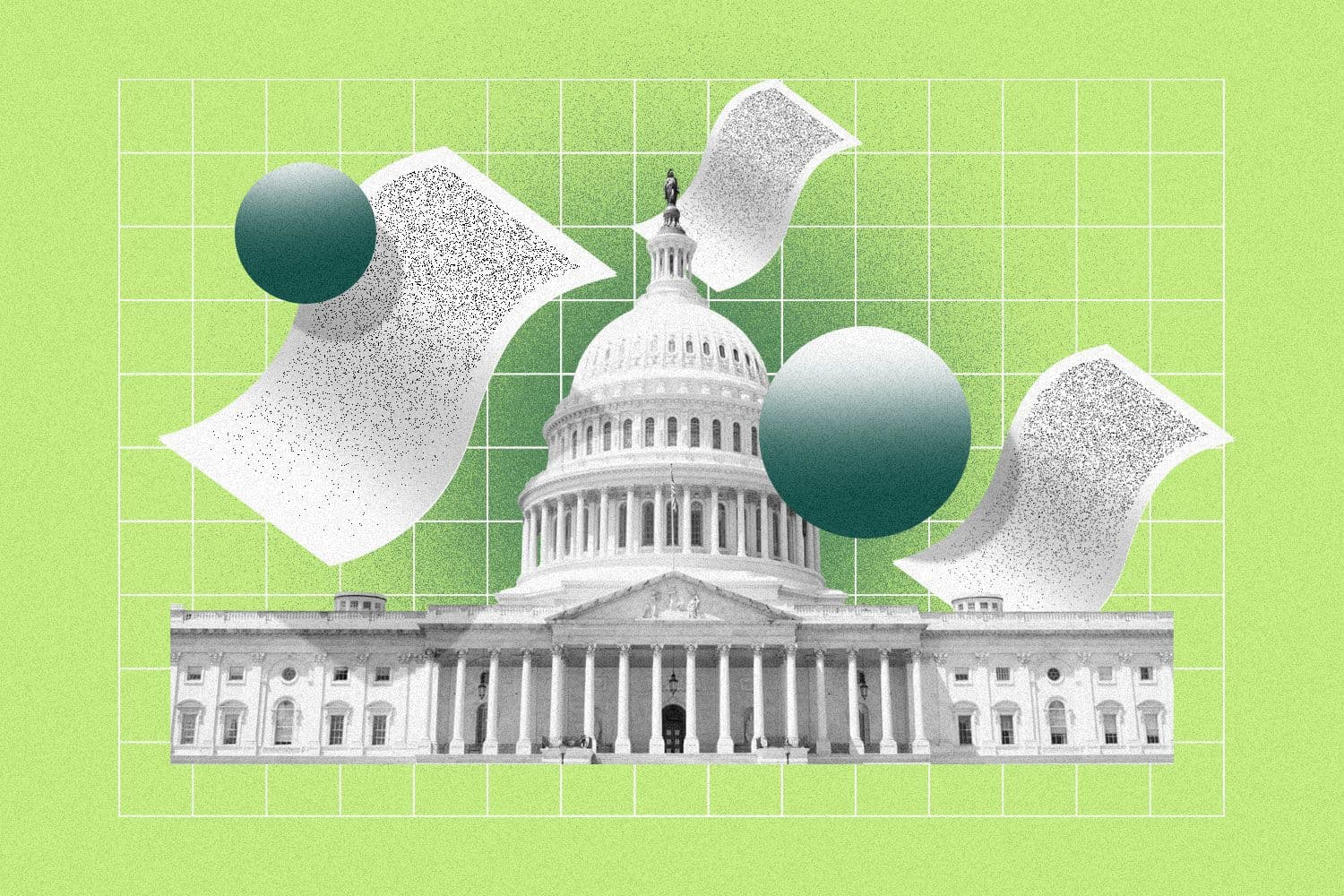Legislative lowdown: More than 20 states will raise their minimum wage in 2024
Effective Jan. 1, 2024, workers in nearly two-dozen states will be entitled to higher minimum wages.

Francis Scialabba
• 3 min read
Courtney Vinopal is a senior reporter for HR Brew covering total rewards and compliance.
New year, new wage?
That may be the case for workers in more than 20 states, where the minimum wage is poised to go up on Jan. 1, 2024, according to tracking by human capital management firm ADP.
Once the raises take effect, workers in Washington State will be entitled to the highest hourly minimum wage in the US, at $16.28, up from $15.74 in 2023. California’s minimum wage will go up to $16 an hour, from $15.50, while New York State’s will rise to $15, from $14.20, except for New York City, Westchester, and Long Island, where it will be one dollar higher.
Francis Scialabba
A number of local jurisdictions—including Flagstaff, Minneapolis, and Seattle—will see a minimum wage hike, too. Despite a push in recent years by some US lawmakers to raise the federal minimum wage to $15 an hour, it remains at $7.25.
If employers are based in an area where multiple minimum wage laws are in effect, ADP recommends they “pay the rate most generous to the employee.” In New York City, for example, the minimum wage will go up to $16 an hour next year, so it would be advisable for businesses in the city to abide by this standard, rather than the statewide $15-an-hour minimum wage.
Some new minimum wages will go into effect later in the new year. Nevada workers, for example, will be entitled to a $12 hourly minimum wage starting July 1, 2024, regardless of whether their employer offers health benefits or not. Currently the minimum wage in Nevada is $9.50 an hour for workers who receive health benefits, and $10.50 for those who don’t.
Quick-to-read HR news & insights
From recruiting and retention to company culture and the latest in HR tech, HR Brew delivers up-to-date industry news and tips to help HR pros stay nimble in today’s fast-changing business environment.
Raises may still be expected. Even if your employees are earning more than the minimum wage, they may be expecting a raise in the new year, ADP noted.
Though the US inflation rate has been gradually coming down from historic highs reached last summer, many workers still say their income isn’t keeping pace with price hikes, according to a recent Bankrate survey. Some 60% of employed US adults surveyed from Oct. 26–30 said their income hadn’t kept up with (or exceeded) household expenses due to inflation over the past year.
If your company can afford to grant equitable raises in the new year, it could have a positive impact on employee sentiment and retention, a separate BambooHR survey conducted over the summer suggests: Some 30% of workers surveyed by the HR software firm said they felt negatively about their current compensation, and nearly three-quarters indicated they would consider leaving their current job for a higher paycheck.
Quick-to-read HR news & insights
From recruiting and retention to company culture and the latest in HR tech, HR Brew delivers up-to-date industry news and tips to help HR pros stay nimble in today’s fast-changing business environment.